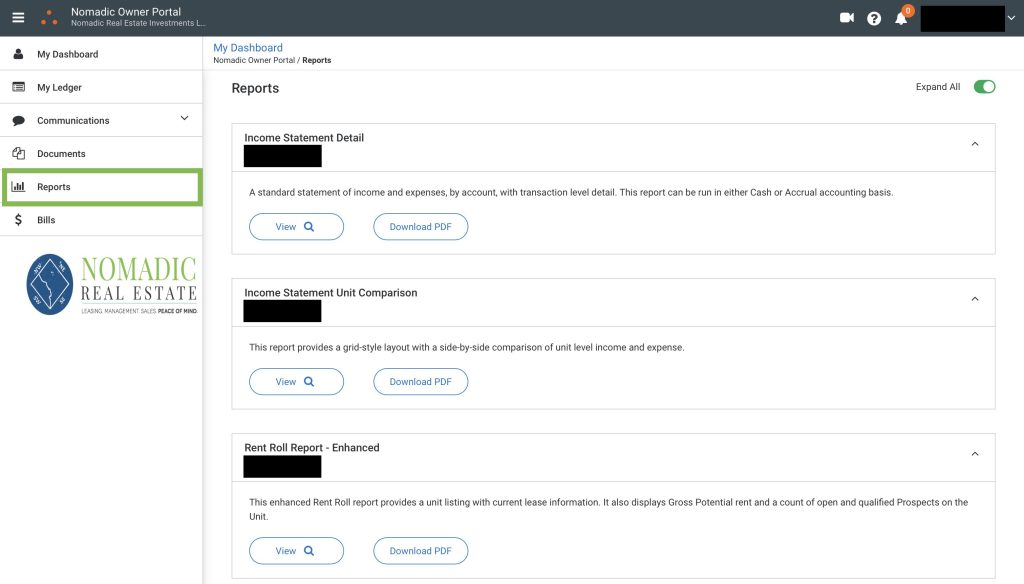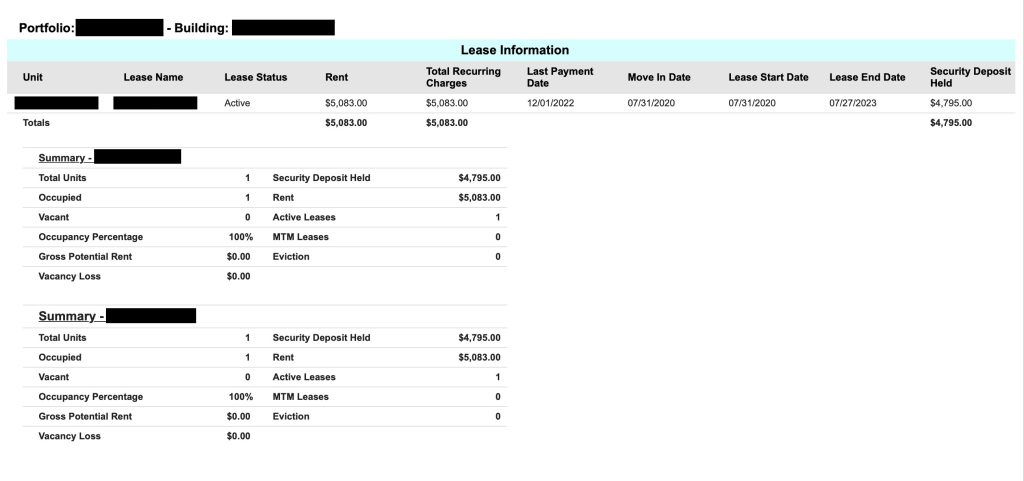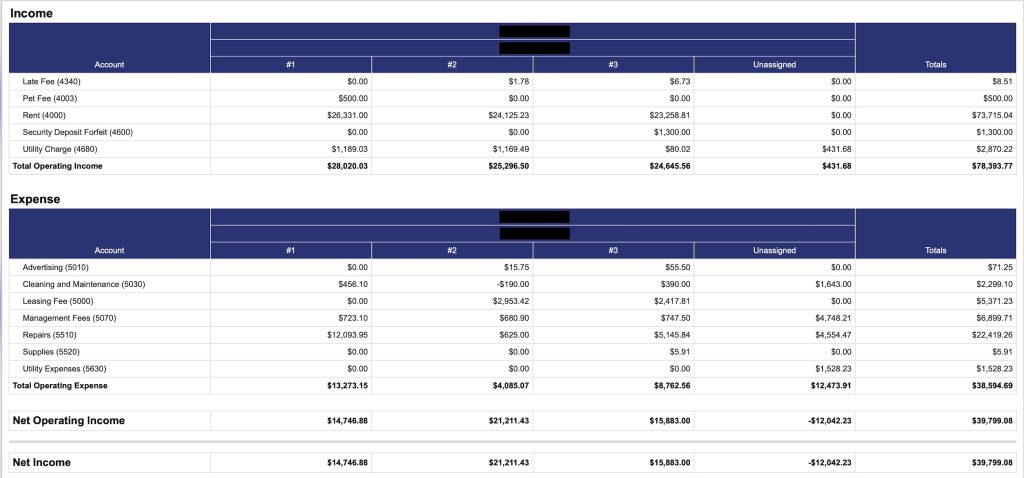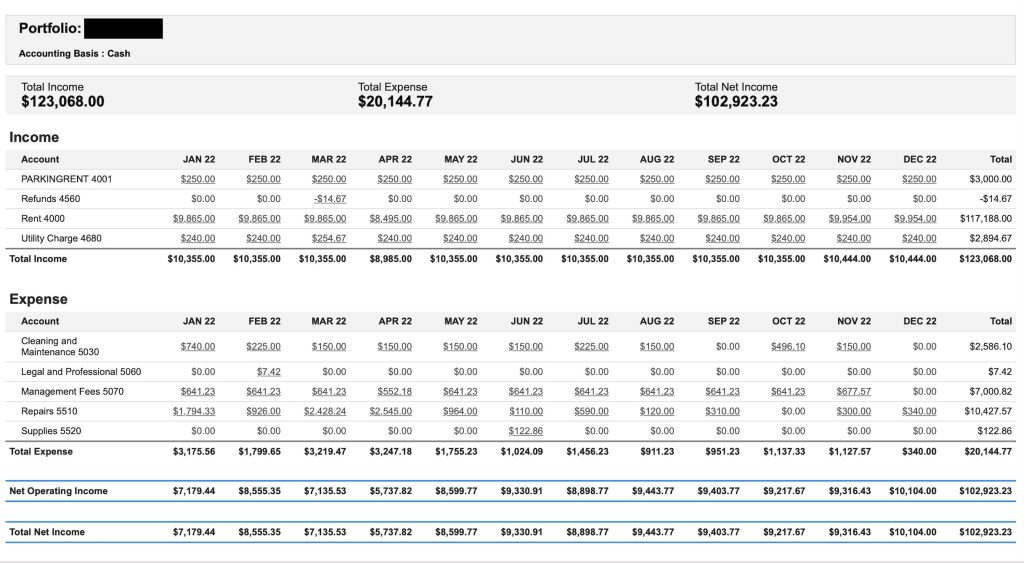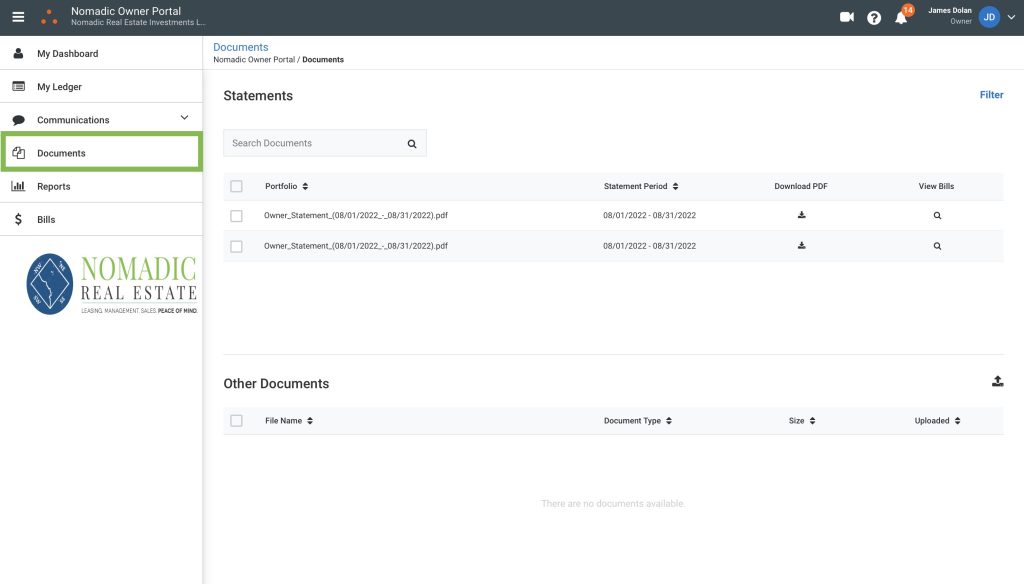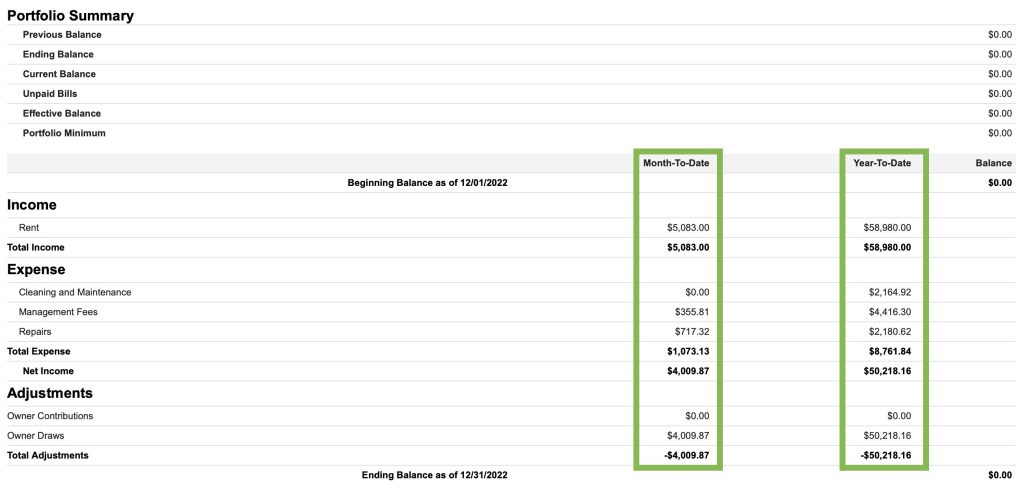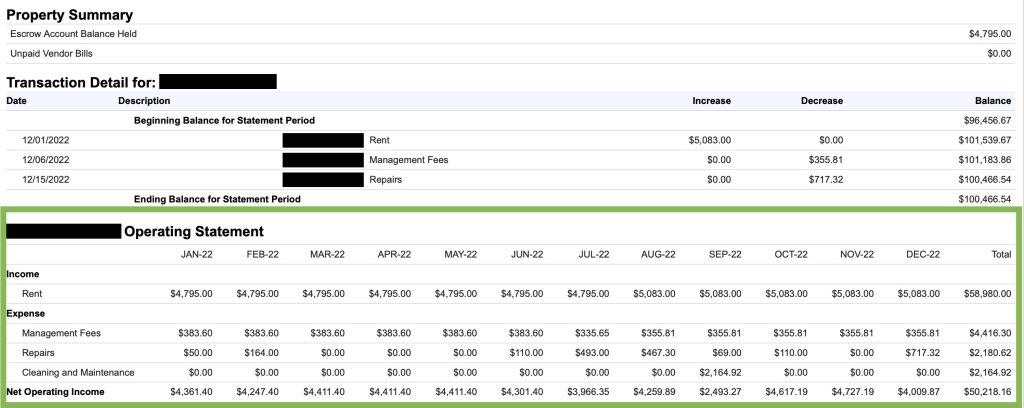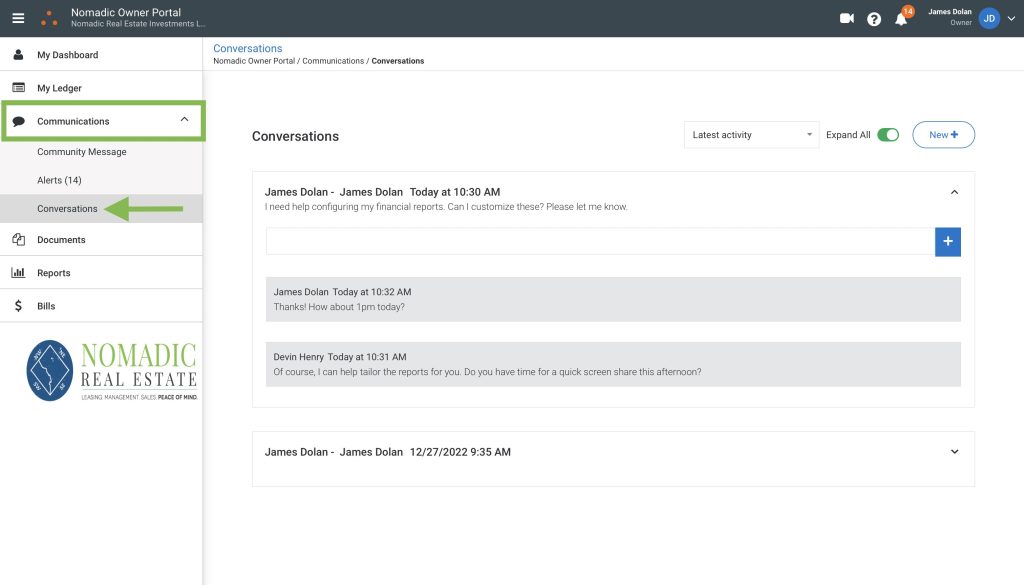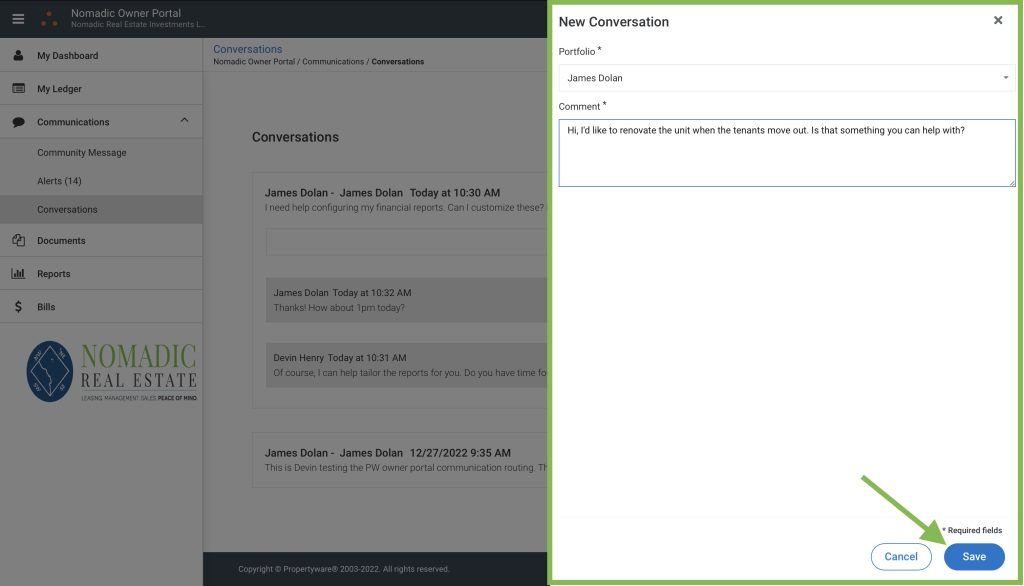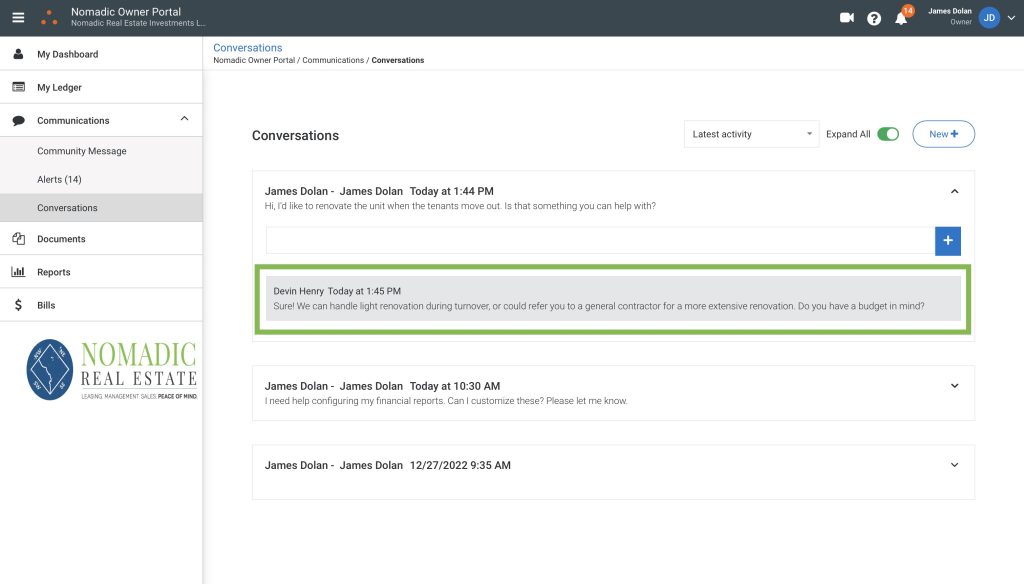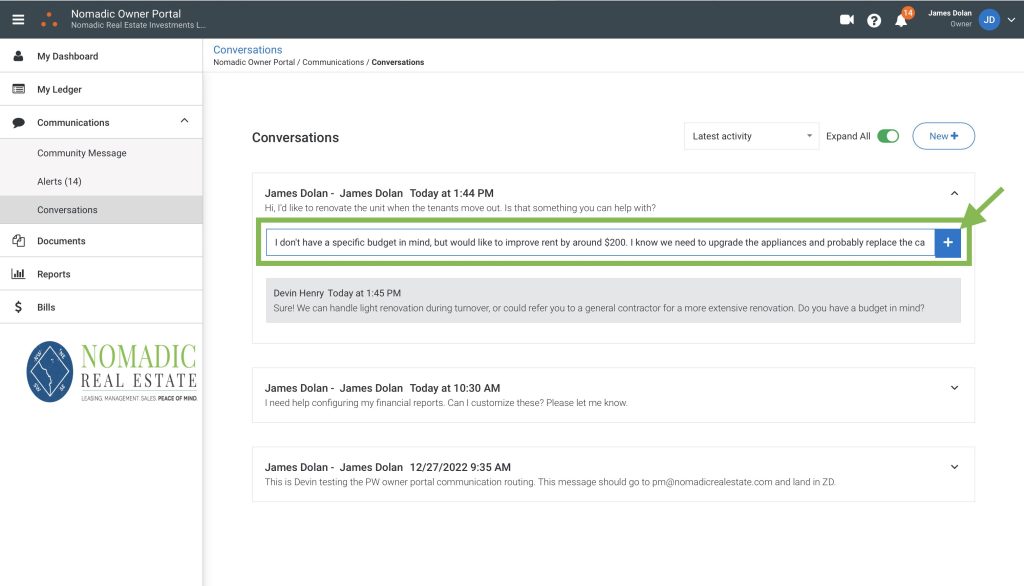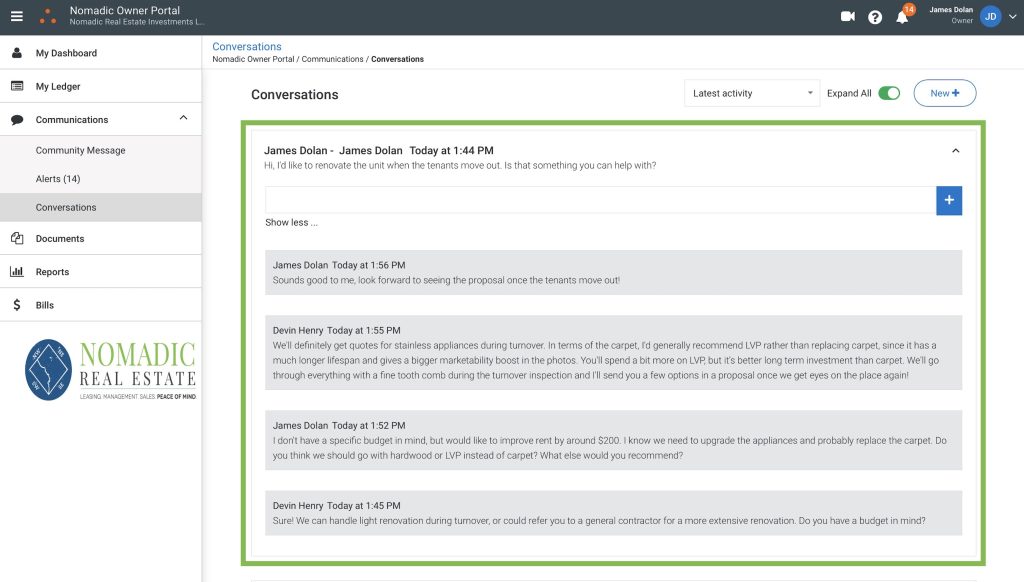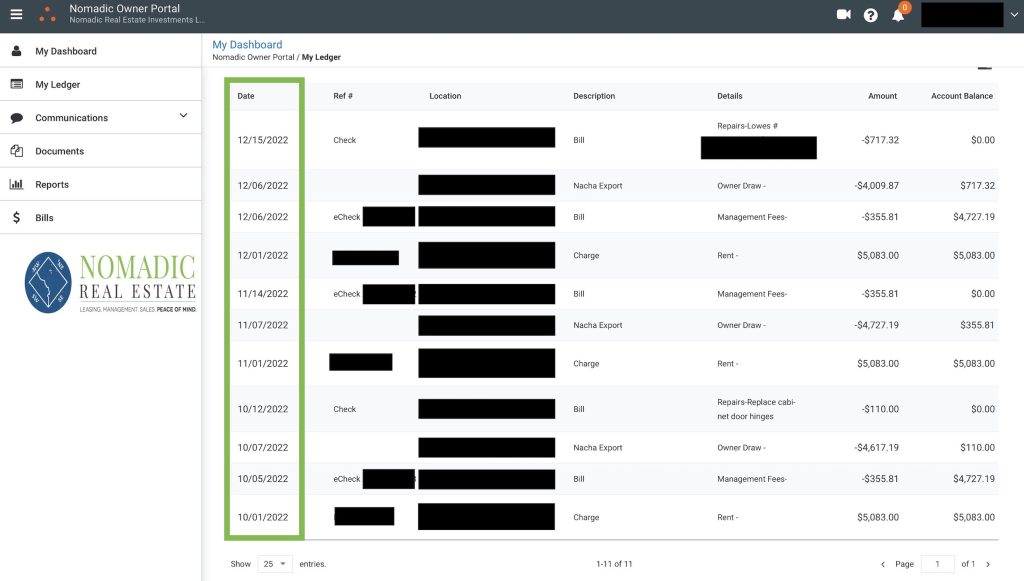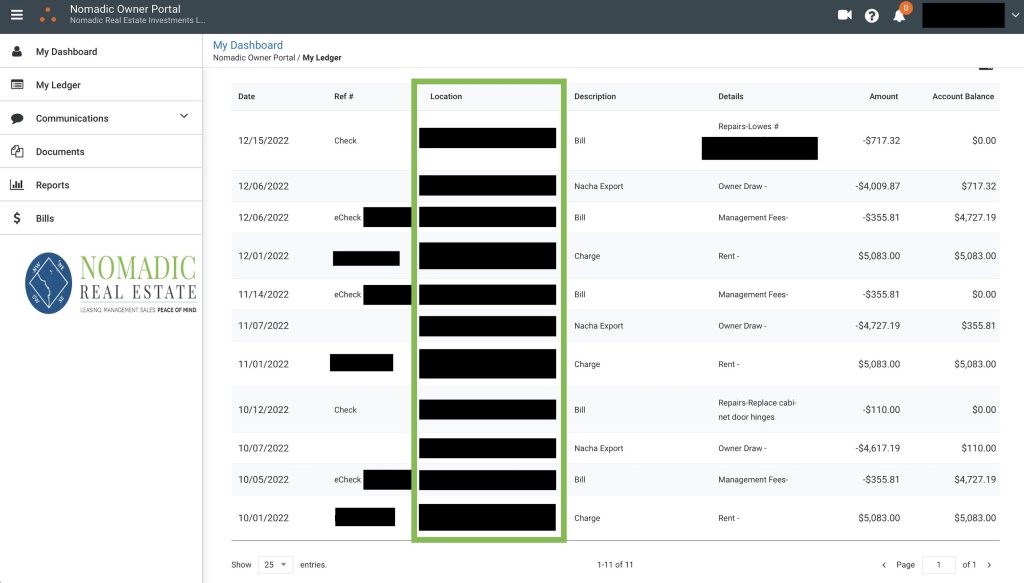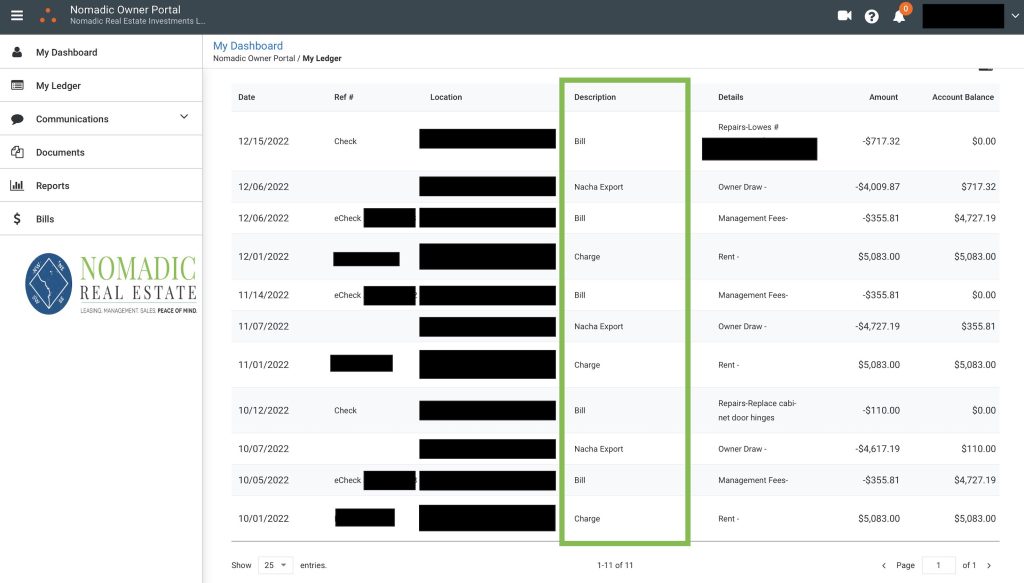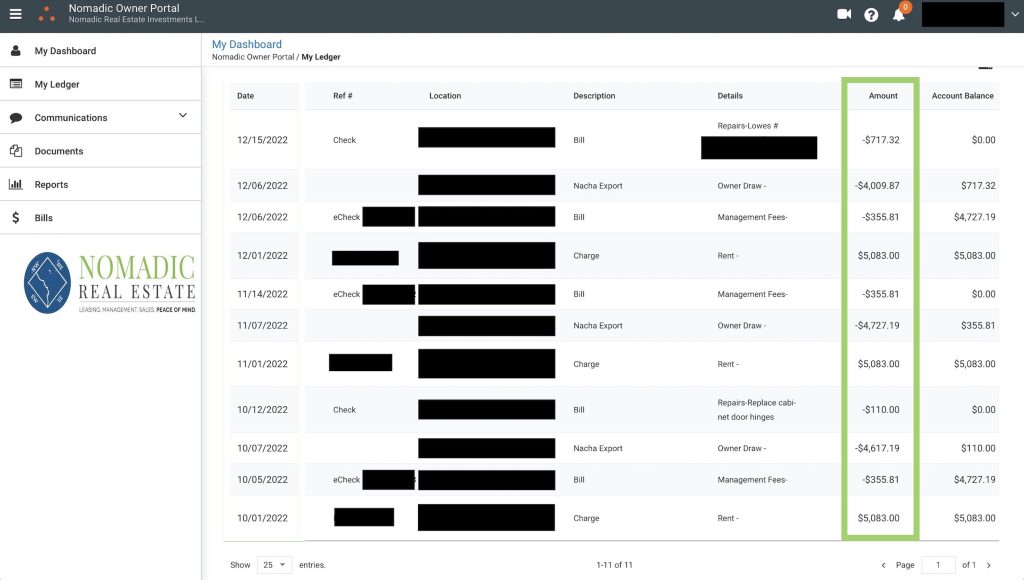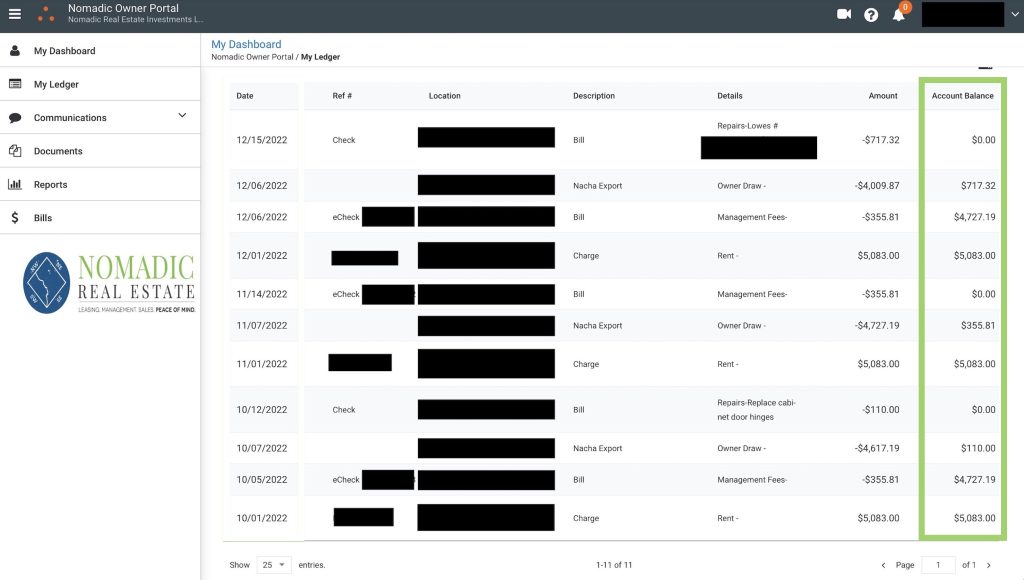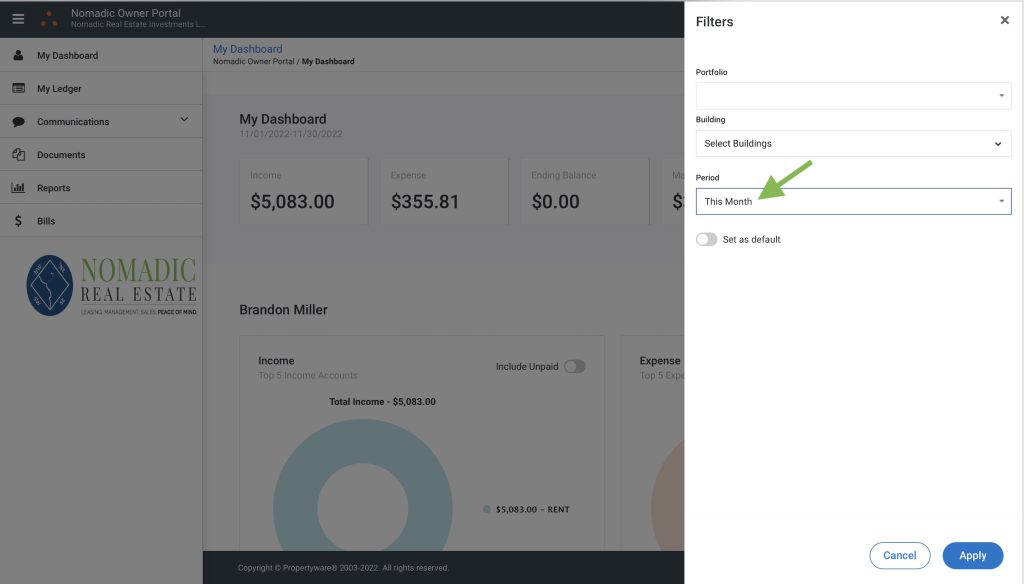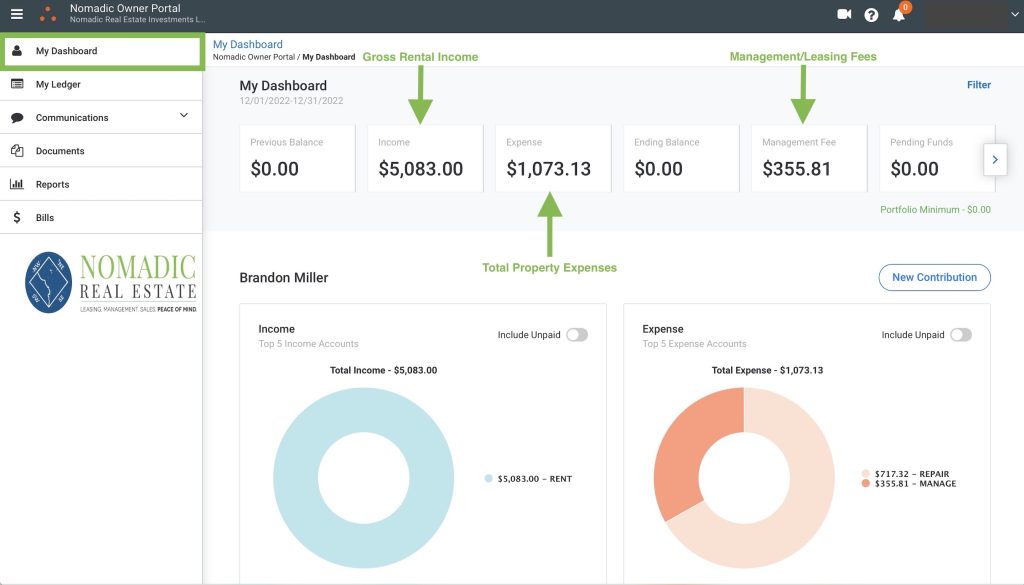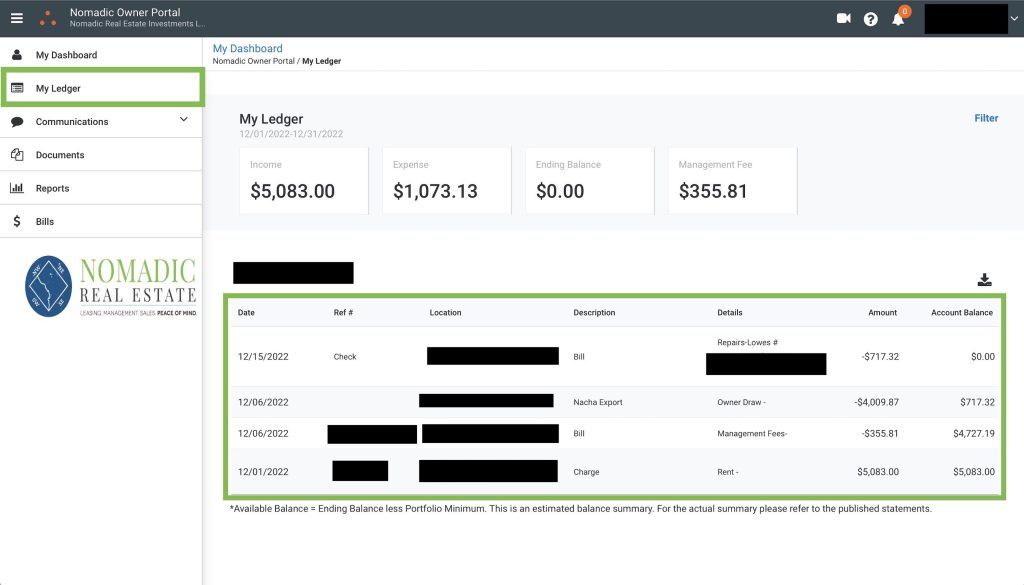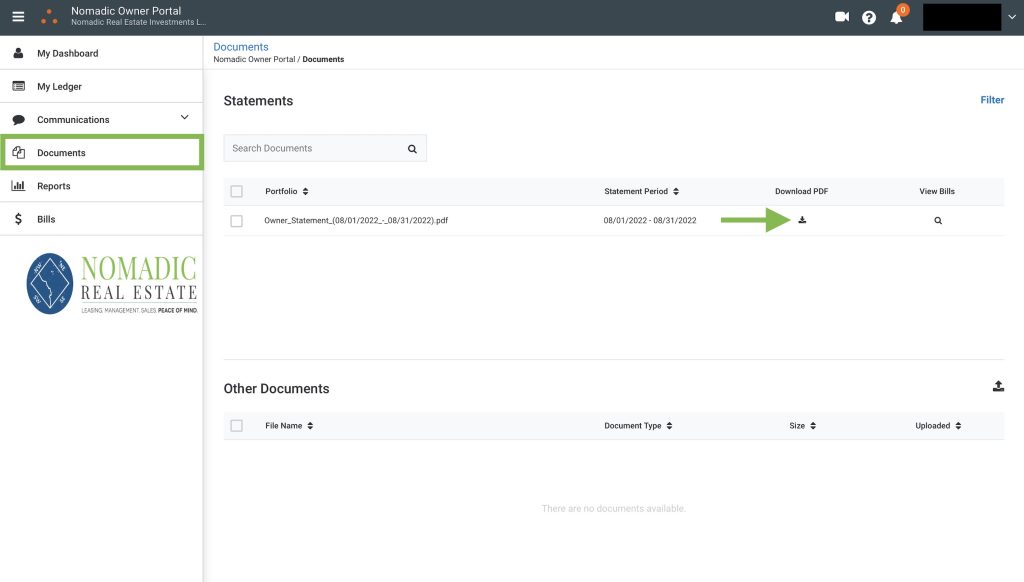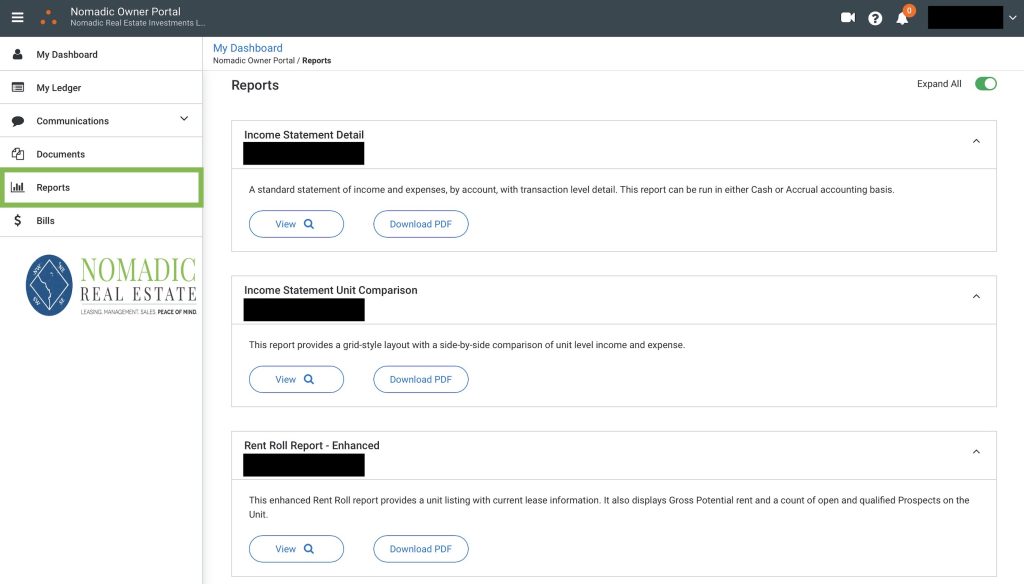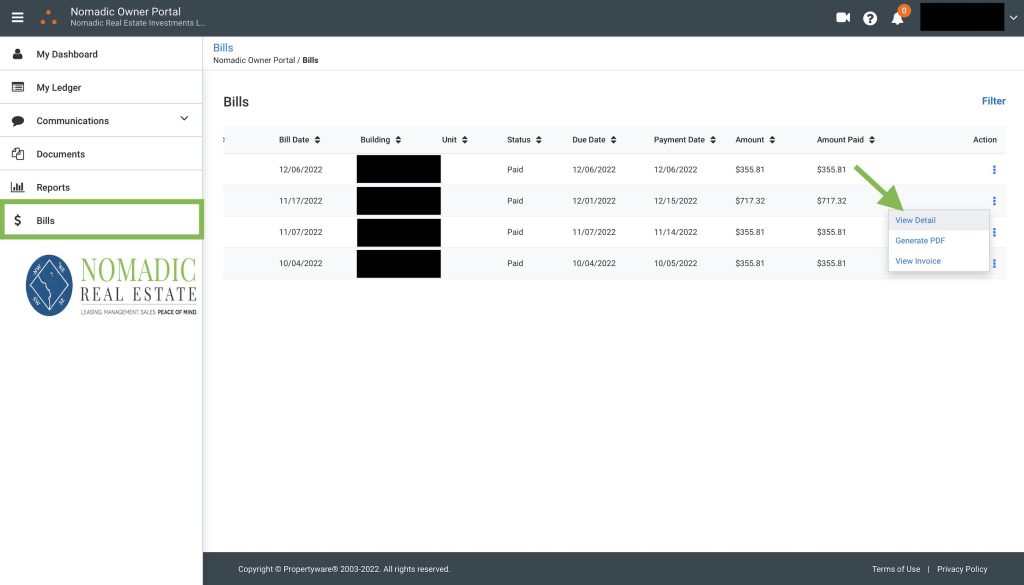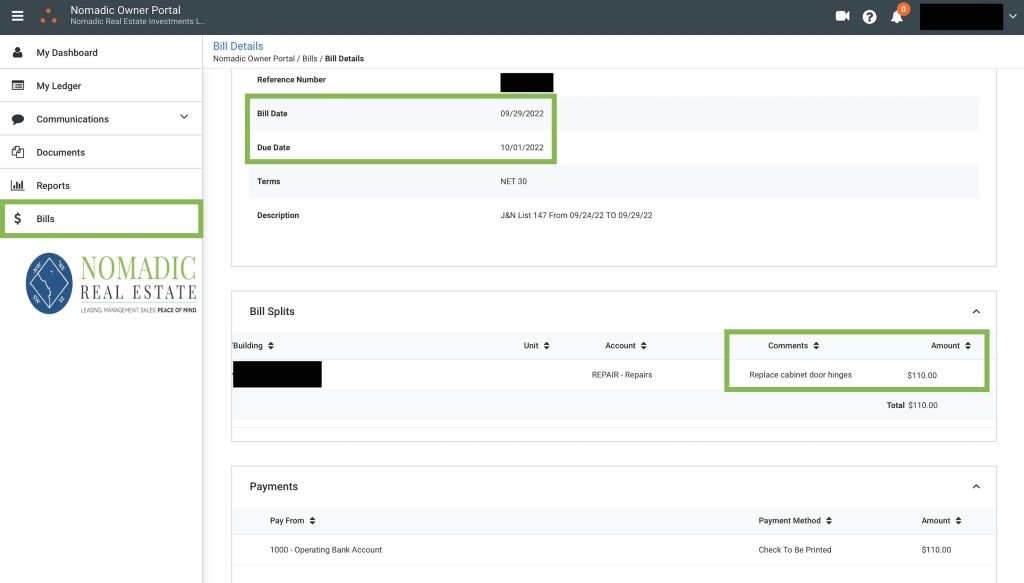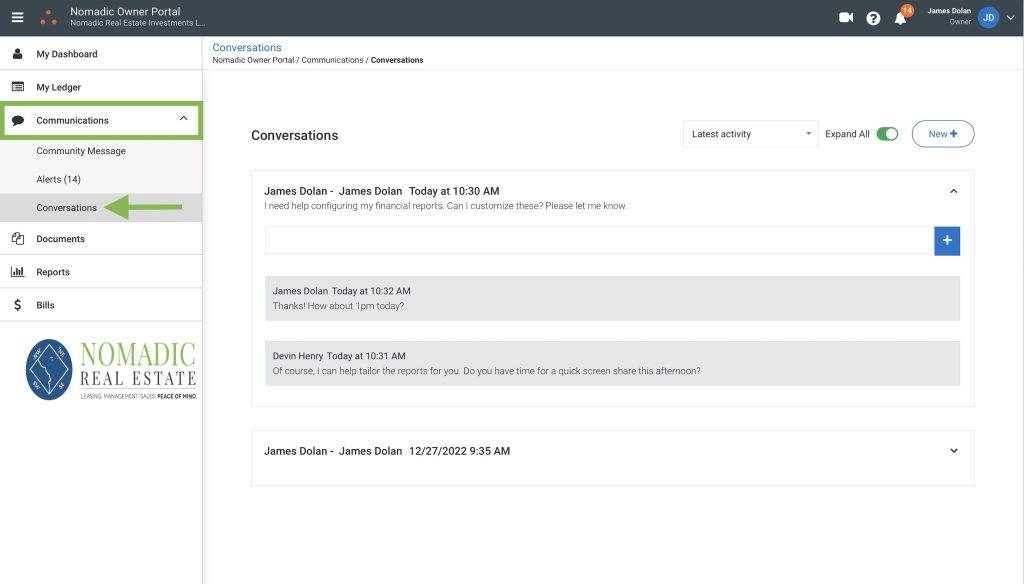There are plenty of ways for a motivated individual to make money in real estate. Purchasing an investment property and renting it to tenants can offer long-term profits and a payout when you decide to sell, and flipping houses after renovating them can be highly lucrative.
These are just a few of the options, though, as some entrepreneurs get creative with their moneymaking ventures. It’s possible to make some quick cash through real estate wholesaling, for example, which involves rapidly selling a property after agreeing to buy it from a motivated seller.
Real estate wholesaling is a delicate process, and it will take some time to learn the ins and outs of the industry. Is wholesaling real estate legal? This guide answers that question and examines the pros and cons of real estate wholesaling in the Washington, D.C., area.
What Is Real Estate Wholesaling?
Wholesaling real estate is the process of offering to purchase a distressed property or a home with a motivated seller, with cash, and assigning it to an end buyer before the contract closing date. Wholesaling a home is entirely legal, although your method will depend on the contract.
A contract with an assignment clause allows you to assign the property directly to a third party before the closing date. You’ll have to perform a double close if the contract doesn’t have an assignment clause, forcing you to buy the property and resell it to the third party on the same day.
The goal when wholesaling real estate is to buy a property for below market value and make money when reselling it. Negotiations can be tricky, but the process can be lucrative once you become skilled at identifying undervalued homes to buy.
How to Wholesale Houses Without Money
You don’t necessarily need enough cash to buy a home to begin wholesaling houses. There are some ways to start in this industry without significant liquidity. Steps for how to wholesale houses without money include the following:
Find Distressed Properties
You’ll only make money wholesaling houses if you can find distressed properties or motivated sellers. The goal is to purchase a property with significant potential for below-market value, but locating homes that meet this criterion can take time and effort.
Make an Offer
Your offer should be below market value and less than what you can resell the property for on the open market. The seller is usually experiencing some financial problems, so they’ll want to unload the property as quickly as possible with little hassle.
Get a Transactional Funding Loan
You’ll need a transactional funding loan if you don’t have enough cash to buy the home outright. This loan differs from a mortgage because you’ll only borrow the money for short-term financing. Make sure you’ll still turn a profit after paying the service fee on this loan before you begin.
Find an Investor
Identifying an investor interested in buying the contract before the closing date is vital to real estate wholesaling. Creating a buyer’s list is the most efficient way to accomplish this step, but developing the necessary industry contacts takes time.
You can wholesale houses without money, but setting yourself up will take significant work. Stepping into this industry without relevant contacts could put you in a challenging situation moving forward.
Three Benefits of Real Estate Wholesaling
The main reason to enter any real estate investment is money. Wholesaling can be financially advantageous, but it provides some benefits that differ from what you’d find when buying a traditional investment property. Pros associated with wholesaling real estate include the following:
1. Quick Turnaround
Any money you make wholesaling real estate comes in relatively quickly. You can earn this money on the difference between your buying and selling prices or an assignment fee you receive for putting the deal together.
2. No Renovations
Wholesalers typically don’t renovate or fix up the property before selling it. They buy the property as-is and sell it before the contract closes, so you won’t spend time handling repairs or preparing the home for the next buyer.
3. Further Earning Potential
Some wholesalers use the money they earn on these quick sales to fund further real estate investments in the future. Earning enough cash to eventually buy a property to fix and flip or rent to long-term tenants is possible. The result is significant income potential if you stick with it.
These benefits could encourage you to enter the real estate wholesaling industry. You should understand some potential issues, though, as they could limit your profitability.
Common Pitfalls of Wholesaling Real Estate
The wholesaling industry has its advantages, but it’s far from perfect. You should know about some common obstacles wholesalers may encounter, which can quickly eat into profits and turn them off the industry altogether. Some problems you could run into include the following:
Double Closes
There are scenarios where you can’t assign the property to the end buyer, so you’ll have to double close. The problem is that you’ll be on the hook for two closing costs, which can quickly diminish your profits. Understanding how your initial contract is structured can help you avoid this issue as you start in the industry.
Income Isn’t Guaranteed
There’s no telling how much money you’ll earn on a specific deal. You could agree to buy a property at a great price, but you will only make money if a new buyer materializes on your desired timeline. You could also occasionally struggle to find distressed properties, limiting your income potential.
You Could Be Stuck With a Property
Some contracts might not let you back out of the deal if you don’t find an end buyer. This forces you to purchase the property outright and continue looking for a buyer as the owner. You could sit on the property for a significant period if you don’t locate an investor to purchase it and might need tenants to make it work.
These drawbacks are worth considering before wholesaling a property in D.C. It’s worth noting that being forced into purchasing a home opens up a long-term investment opportunity that could be even more profitable.
Becoming a Landlord in the D.C. Area
Wholesaling real estate has pros and cons, and it could inadvertently make you a landlord if you can’t find an end buyer. You could also use your profits to buy an investment property in the future. A property manager can make your role as a landlord far easier by handling the day-to-day while your investment grows.
Nomadic Real Estate offers property management services in Washington, D.C., and its surrounding communities. We’ll ensure your investment property has vetted tenants and assist with its maintenance, leaving you with less work on your plate. Contact Nomadic Real Estate to learn more about our property management services.










